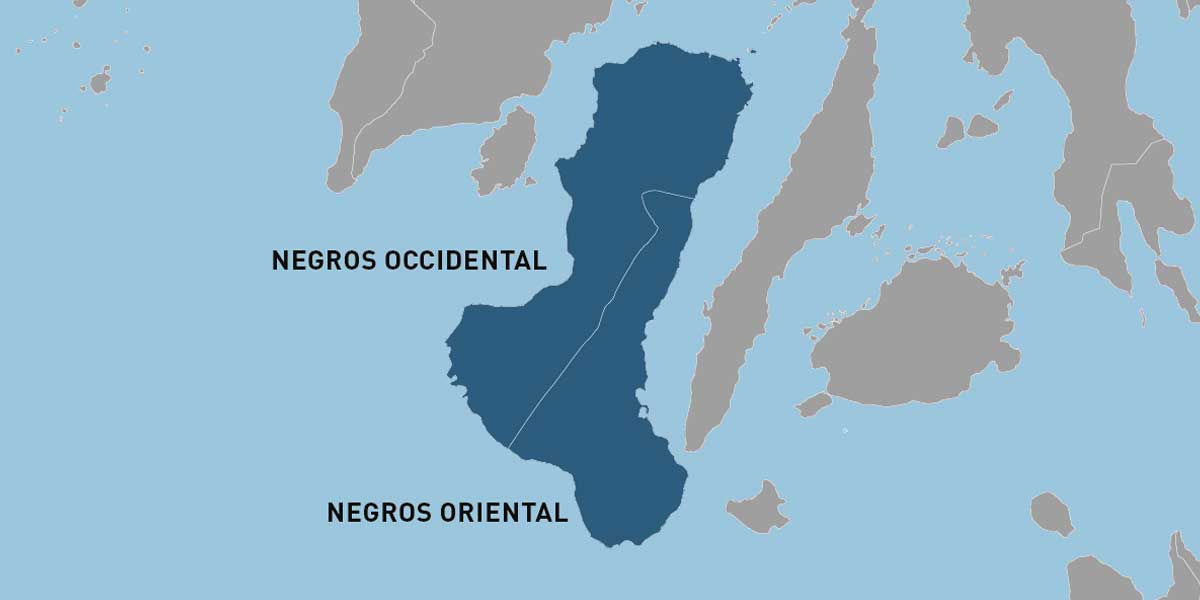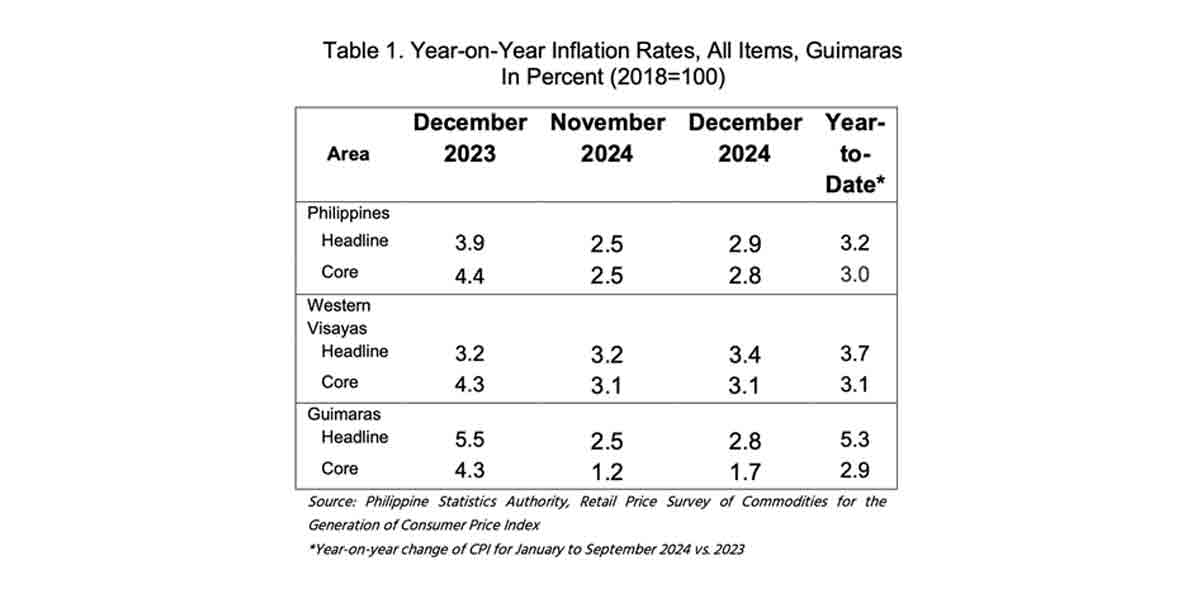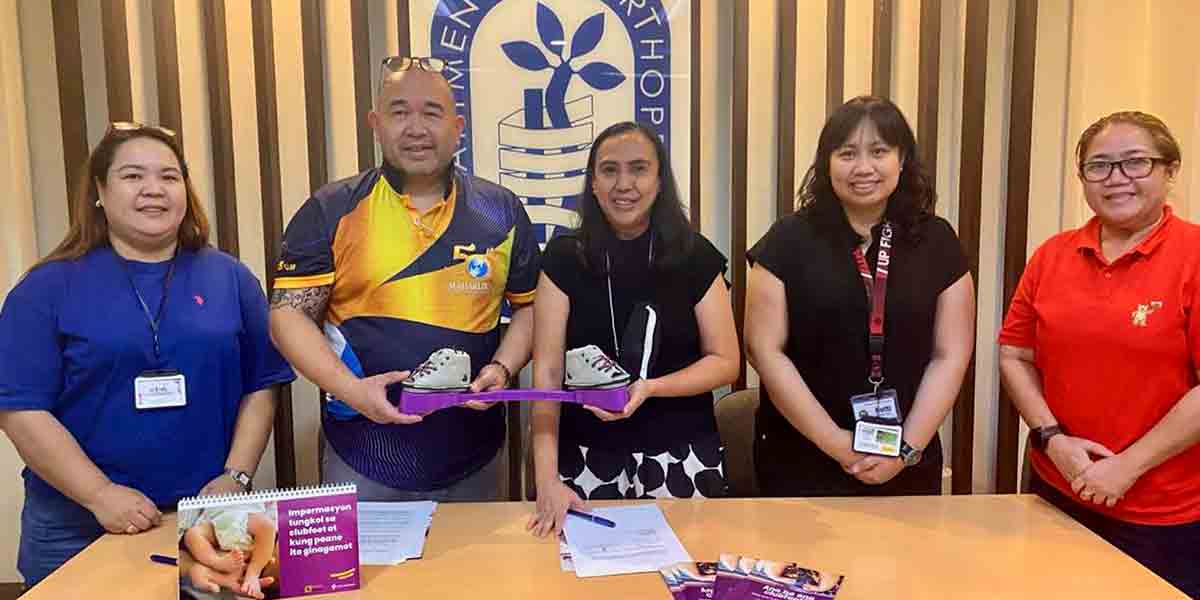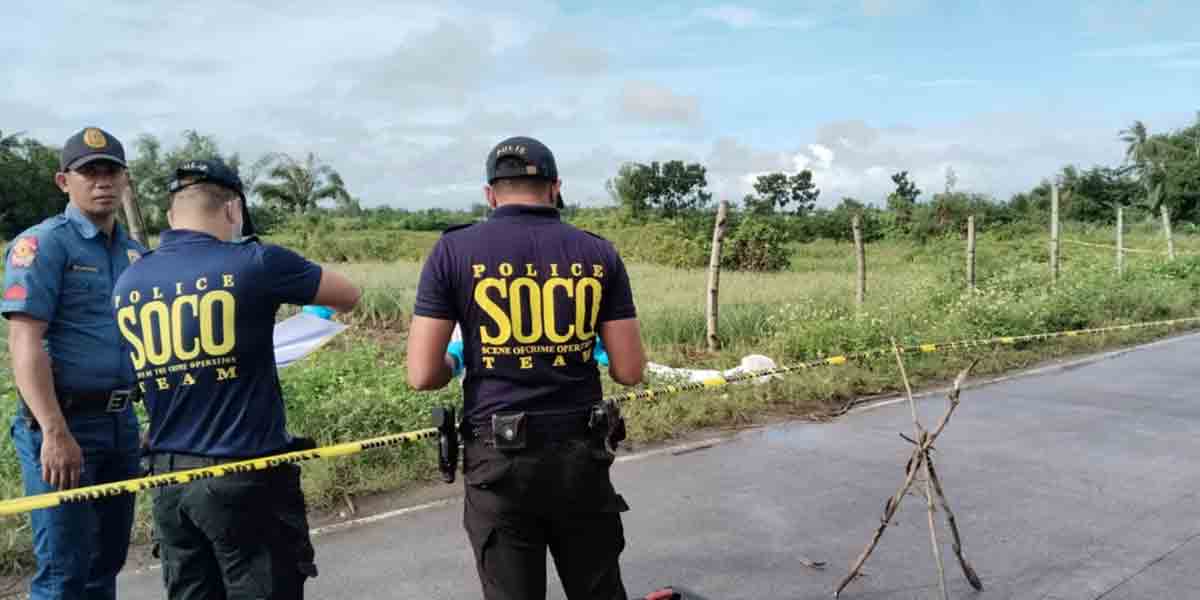
The U.S. Peace Corps recently held a biodiversity conservation training to help address biodiversity threats in Minalungao National Park in Nueva Ecija and Panaon Island in Southern Leyte.
The training, held in Laguna from May 11 to 19, brought together nearly 50 participants from Nueva Ecija University of Science and Technology, Southern Leyte State University, Nueva Ecija’s Protected Area Management Board, and Panaon Island local government.
The training included specimen sampling and data collection at Taal Lake, Mt. Makiling, and Calatagan, and it also featured lectures from experts on state-of-the-art biodiversity assessment in terrestrial, marine, and inland aquatic environments and GIS mapping.
“The aim of this critical workshop was to support academe and government partners in working together to reduce threats to biodiversity in Minalungao National Park and Panaon Island,” said U.S. Peace Corps Country Director Jenner Edelman.
While the Philippines is one of the most biodiverse countries in the world, it risks losing its significant biodiversity resources without better conservation efforts to address the growing population, increasing pollution, and the impacts of climate change.
Through this training, participants developed new skills for conducting biodiversity conservation research and were able to craft management plans to address biodiversity threats.
Funded by the United States Agency for International Development, the training was conducted by the University of the Philippines-Los Baños’ School of Environmental Science and Management, which is recognized by the Commission on Higher Education as a Center of Excellence on Environmental Science.
The U.S. Peace Corps is the U.S. government’s premier volunteer service organization. Over 9,300 American volunteers have served alongside host communities across the Philippines since it was founded in 1961. In the absence of American volunteers due to the pandemic, the U.S Peace Corps is collaborating with host country partners to meet the Philippines’ most pressing development priorities, such as biodiversity conservation, through initiatives like this workshop.




















